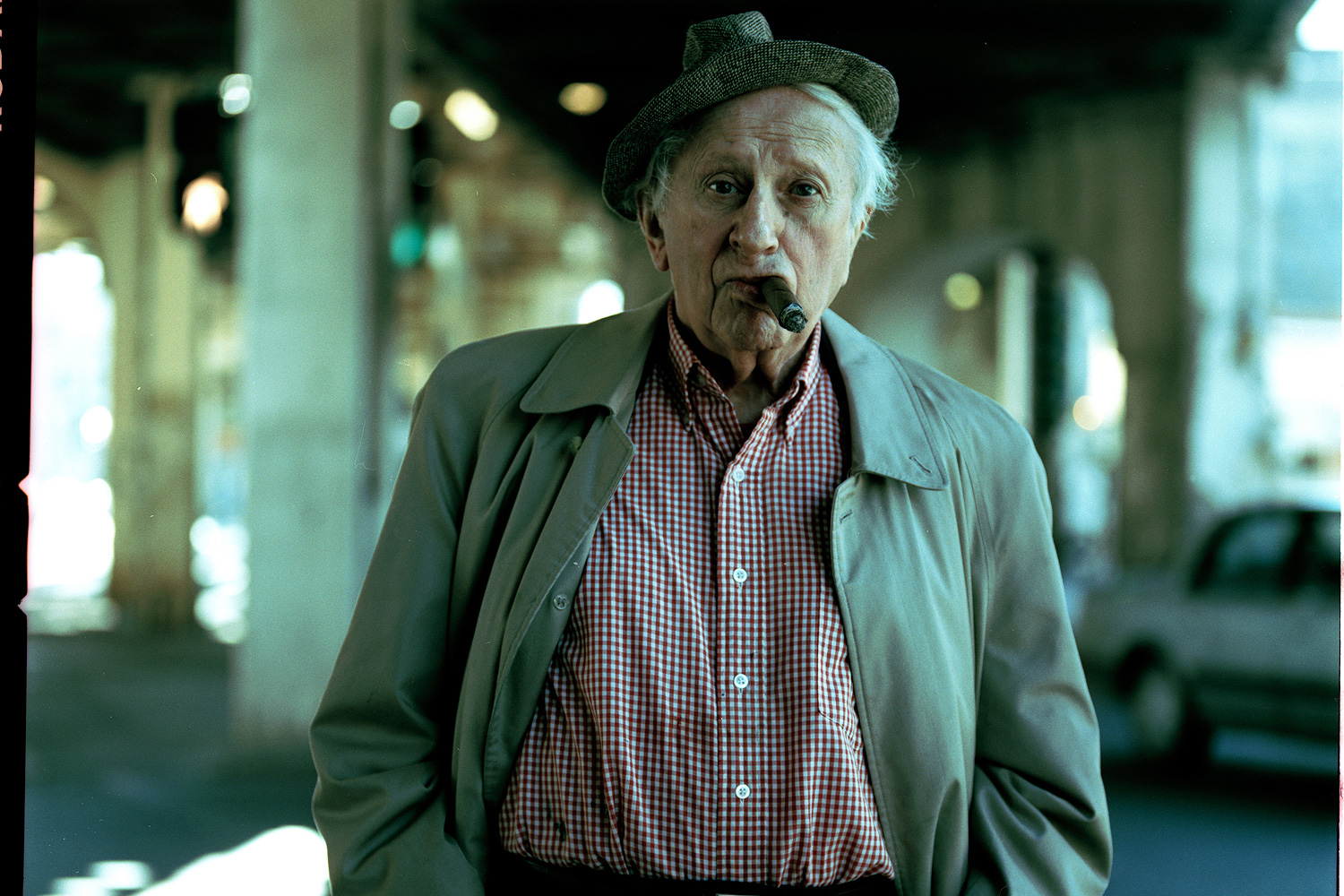During a Christmas season many years ago, the great Chicago WFMT radio host and oral historian Studs Terkel sat down to talk stories with a Chicagoan who was something like his equivalent in her field—Charlemae Rollins, a longtime children's librarian at the Hall branch library in Bronzeville. They read from her 1963 anthology, Christmas Gif': An Anthology of Christmas Poems, Songs, and Stories, Written By and About Black People, while talking about history, dialect, food, and storytelling. It's tremendously enjoyable—Rollins and Terkel are cut from the same cloth, and both were master storytellers.
Rollins influence extended well beyond the doors of the Hall branch, though under the leadership of Rollins and head librarian Vivian Harsh it was an influential institution in its own right:
Vivian G. Harsh, the branch's original head librarian and the first African-American to run a CPL branch, amassed her collection of African-American literature and history here. Through classes, programs and book clubs, she attracted notable Chicago writers such as Richard Wright, Langston Hughes and Lorraine Hansberry. “The programs brought in the cream of the crop of the African-American community,” said Beverly Cook, archivist of the Harsh Collection, which is now at Woodson Regional Library. Hall's enduring legacy, however, may be its children's programming, initiated in 1932 by children's librarian Charlemae Hill-Rollins, and continued today with weekly reading times for toddlers, kids and young adult discussion groups.
Through her books and writing, Rollins took that mission as far as her words could carry it. Christmas Gif'—the title taken from a traditional Christmas game Rollins learned from her grandmother, a former slave—combined never-before-published works and Spanish translations from Langston Hughes (a friend of Rollins), works by contemporaries like Gwendolyn Brooks ("she grew up in our library," Rollins told Terkel), older texts from Frederick Douglass and Booker T. Washington, and even recipes (including one for spoonbread, my regional holiday go-to dish).
"Over the years, in my experience as a librarian, I have been asked by teachers and parents and children for Christmas stories and poems specifically related to Negroes. I have found such material in old magazines, in collections of the works of Negro writers, but never have I found one single book about the Negro and Christmas," Rollins writes in the foreward. "I felt there was a place for such a book, and that is how Christmas Gif' began."
Christmas Gif' was a popular mirror of Rollins's work within the profession, which began modestly as a junior library assistant at the Hardin Square Library at 26th and Wentworth, on the borders of the Black Belt and Chinatown, in 1927. In 1932 she became the children's librarian at the Hall branch, a position she would hold for 31 years. While at Hall, she studied at Columbia University and the University of Chicago, and began to emerge as an activist in her field:
While studying at University of Chicago, Charlemae wrote a research paper on representations of African Americans in children's literature and their impact on children, which would eventually be published as the pamphlet The Negro in Children's Books. This publication began the crusade for which Rollins would be primarily remembered. Working to have children's books depicting racist stereotypes removed from library purchasing lists, in 1941 she published another influential pamphlet, We Build Together, which outlined criteria for the selection of literature relating to African Americans and included an annotated bibliography, one of the first of its kind. While working at the Hall Branch, Rollins also befriended Federal Writers' Project writers, including Langston Hughes, and was an early mentor to Margaret Burroughs, founder of the DuSable Museum, and the poet Gwendolyn Brooks, who wrote a poem in honor of Charlemae for her retirement from the Hall Branch in 1963.
"In the early forties there were very few books about Negroes for children that anybody could actually recommend or give to them, particularly Negro children, without having them feel embarrassed or insulted," Rollins wrote. "As more and more mediocre books kept pouring off the press into the library and more and more parents came in indignant and more and more children tossed them aside, I felt that something ought to be done." The first edition of We Build Together turned up a mere 72 books, "only thirty that we could recommend wholeheartedly without some little explanation and a long list of others that we couldn't."
Rollins set about changing this from the inside, contributing to professional journals, pushing children's-book authors and their publishers to change the way they depicted blacks, and assembling bibliographies for libraries and librarians. (Rollins also edited a second anthology, Call of Adventure, for Collier's Junior Classics, which ranges from Arthur Conan Doyle through Robert Heinlein; it's available for free, with registration, from the Internet Archive.)
The first edition of We Build Together consisted of 15,000 copies alone—even though the publisher, the National Council of Teachers of English, had to cancel an "intercultural luncheon" featuring Rollins because the 1941 NCTE convention was held in then-segregated Atlanta. On the way back to Chicago, Rollins was forced to ride in the Jim Crow car instead of the Pullman.
Rollins's legacy lives on through the Hall branch, through Christmas Gif' and Call of Adventure, and through the vast shelves of children's literature that can now go alongside Rollins's original 30-some selections. Lost, however, are Rollins's storytelling skills, an art she called "the librarians' most important method of introducing good books to readers" in her essay "Story Telling—Its Value and Importance." (I second her recommendation of Wanda Gag's Millions of Cats, the refrain from which has been stuck in my head since before I can remember it first being put there by my mother.) Lost, that is, except for her conversation with Studs Terkel; thanks to the Internet's own library, that gift of hers can be shared perpetually.




